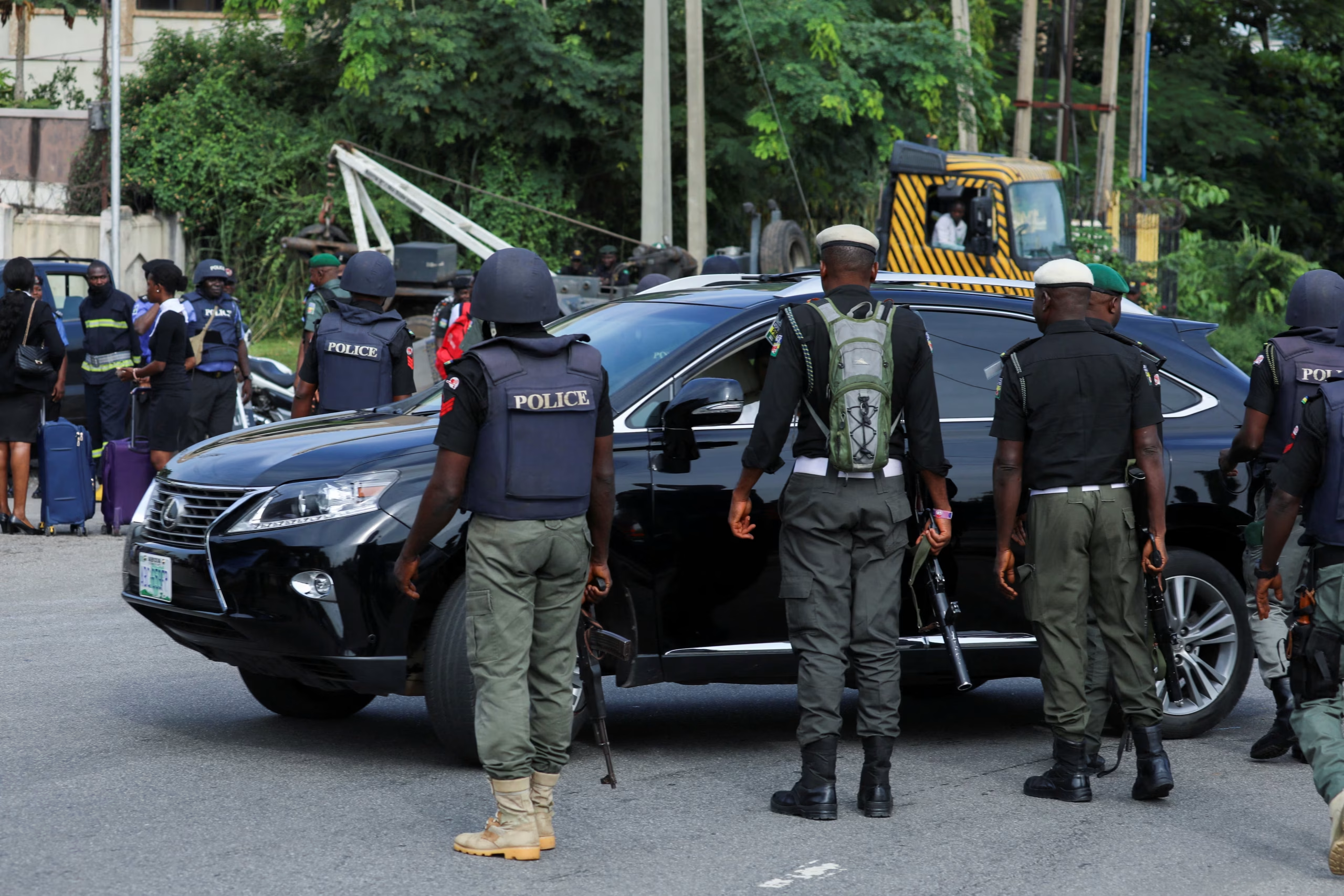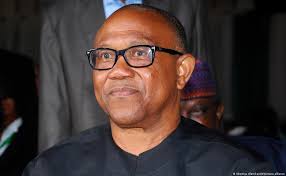
In the latest chapter of the long-running legal and political saga surrounding Nnamdi Kanu, the Indigenous People of Biafra (IPOB) has issued what it describes as a “final warning” to the Nigerian judiciary. Their message is bold and unambiguous: “The world is watching.”
But is it?
That statement, while emotionally resonant, demands scrutiny. Because for all its dramatic tone, one must ask: Is the world really watching Nigeria’s handling of Nnamdi Kanu’s trial? Or is IPOB simply projecting importance onto a case that, globally speaking, receives minimal attention?
A Movement with Local Impact, Global Silence
Let’s be clear: Nnamdi Kanu’s case matters enormously to many Nigerians, especially those in the South-East and within the Igbo diaspora. IPOB’s cause—rooted in decades of marginalization and historical grievance—is serious, and Kanu himself is a symbol of resistance to what many see as systemic injustice.
But globally?
Scan the front pages of major international outlets—BBC, CNN, Al Jazeera, The New York Times, The Guardian, Reuters, AP—and you’ll struggle to find consistent, in-depth reporting on Kanu’s trial. When his arrest and extradition from Kenya made headlines in 2021, international outlets gave it some coverage. But since then? The story has largely disappeared from the world stage.
IPOB may believe that the “world” is closely tracking this case, but that assertion doesn’t match the reality of global media attention. In truth, the international spotlight is far more focused on larger geopolitical flashpoints—Ukraine, Gaza, Sudan, China–Taiwan tensions, global climate issues, or even African conflicts like those in the Sahel and Ethiopia.
International Law: Does the World Care or Just Observe?
IPOB has cited a Kenyan court ruling declaring Kanu’s extradition illegal under international law. That is significant from a legal standpoint. But does it mean the “world” is reacting? Not quite.
The United Nations Human Rights Council has not issued strong condemnations.
The African Union, despite its principle of non-interference, has largely stayed silent.
Western governments—including the UK, where Kanu holds citizenship—have not made this issue central to their Nigerian diplomatic agenda.
In other words, there is no coordinated global pressure on Nigeria to release Kanu or drop the charges. IPOB’s use of “the world is watching” may be wishful thinking, not grounded in diplomatic or legal fact.
The Problem With Exaggerated Rhetoric
When IPOB leaders make such sweeping claims, it can undermine their own credibility. Instead of focusing on real, tangible violations of Kanu’s rights and the legal inconsistencies of his trial—points that deserve attention—they resort to grand declarations and dramatic threats.
That kind of rhetoric may excite loyalists, but it does little to move public opinion outside of IPOB’s base. Worse, it may push moderates, neutral observers, or international sympathizers away by portraying the movement as disconnected from geopolitical reality.
In any global advocacy campaign, credibility is currency. Inflated language, unsupported claims, and emotional appeals without evidence can devalue the cause.
So What Should IPOB Do Instead?
If IPOB genuinely wants the world to watch—and not just hear them shouting into a void—it must do more than threaten or posture. It needs to:
Work with international human rights bodies, not just make press statements.
Build coalitions with global civil society groups—African diaspora organizations, media freedom NGOs, legal watchdogs.
Provide clear, verifiable evidence of human rights violations, not just emotional appeals.
Avoid inflammatory language that alienates rather than invites.
Speak to Nigerians as well as the world—because many Nigerians still don’t fully understand IPOB’s legal argument, only its confrontational tone.
The World Is Not Watching—Yet
It’s understandable why IPOB would want the world to care. The trial of Nnamdi Kanu touches on issues of identity, justice, sovereignty, and historical wounds. But claiming global attention without proof is not a strategy—it’s a slogan.
The world is not automatically drawn to Nigeria’s domestic political issues unless there is sustained diplomatic, media, and legal pressure. IPOB still has the chance to make its case heard—but it must go beyond echo chambers and aggressive soundbites.
Until then, let’s call it what it is: a local crisis with international potential, not a global headline.




